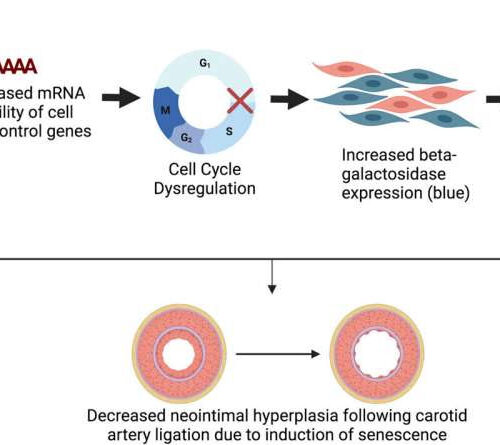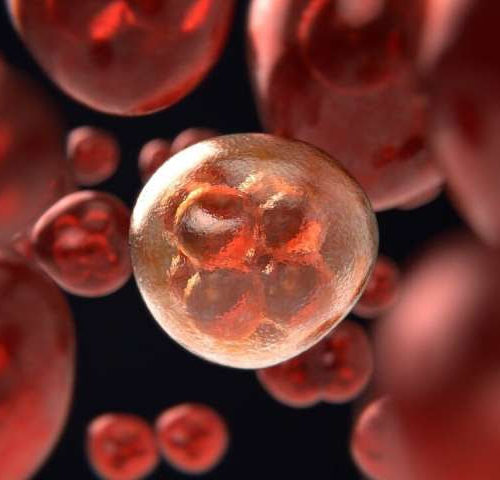by Elsevier A new study shows that when fragile-X related protein-1 (FXR1) is absent, vascular smooth muscle cells (VSMC) proliferate more slowly, become senescent, and scar tissue (neointima) development is reduced. Therefore, drugs targeting FXR1 may treat vascular proliferative diseases. Credit: The American Journal of Pathology Vascular diseases, including myocardial infarction, stroke, renal failure, and peripheral vascular...
Tag: <span>potential target</span>
Study identifies potential target for osteoporosis treatments
ELIFE Channels on the surface of bone cells called osteocytes help build stronger bones in response to mechanical stress, shows a study published today in eLife. This discovery may help scientists develop new treatments for osteoporosis or other conditions that contribute to bone loss in patients. Physical activities that exert mechanical stress on the bones...
Potential target for treating and diagnosing Lyme disease discovered
by Max Esterhuizen, Virginia Tech Tanner DeHart and Brandon Jutras are two of the researchers that discovered the unique bacterial property. Photo by Alex Crookshanks for Virginia Tech. Credit: Virginia Tech You don’t have to go far to find ticks. Just step outside and look for some grass. Look to the top of the shiny,...
Study discovers potential target for treating aggressive cancer cells
by Kerry Benson, Brown University As researchers and medical professionals work to develop new treatments for cancer, they face a variety of challenges. One is intratumor heterogeneity—the presence of multiple kinds of cancer cells within the same tumor. Often, these “mosaic” tumors include cells, such as polyploidal giant cancer cells, that have evolved to become aggressive and resistant...



